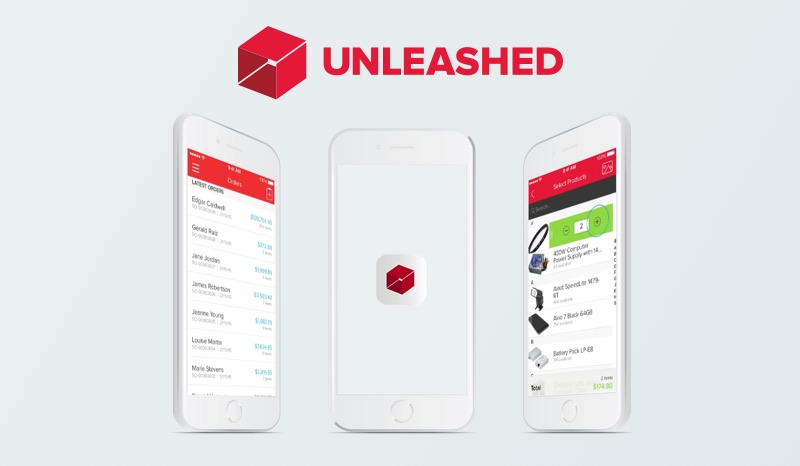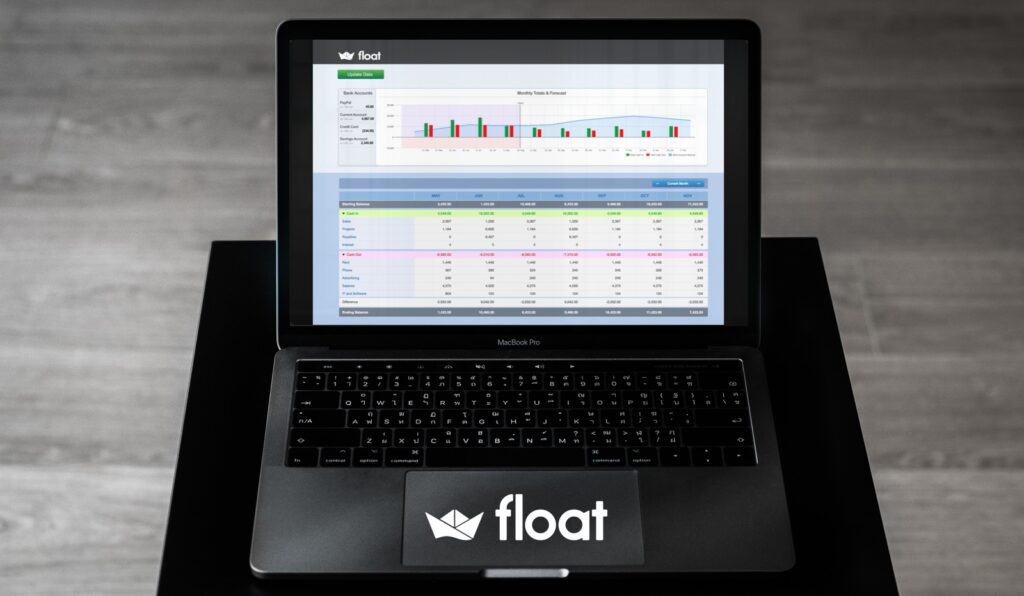As a small or medium-sized business in New Zealand, managing your tax obligations can feel overwhelming. Two key areas that often raise questions are provisional tax and tax pooling. Here’s a quick overview to help you stay informed and in control.
Provisional Tax in a nutshell
Provisional tax is like making progress payments towards your next income tax bill, based on your expected profit for the year. If your last tax return showed a liability of more than $5,000, you’ll likely need to pay provisional tax for the following year. It’s designed to help spread your tax obligations across the year, supporting better cash flow and avoiding a large lump sum at year-end. Small businesses should also be aware of rules that can lower compliance costs — for example, new businesses may qualify for early payment discounts, helping to ease the financial pressure of those first tax payments.
Provisional Tax at Engine Room
At each provisional tax date, we actively review your profit and tax position to ensure your payments remain accurate and manageable. Depending on your situation, we may discuss your options before confirming the amount due — and sometimes, it might even be nil, meaning you won’t hear from us. Choosing the right payment method and keeping your tax plan current are essential to maximising cashflow, limiting penalties and interest, and staying compliant.
Talk to us about your tax plan — we’re here to help you manage provisional tax in the way that best suits your business.
Introducing Tax Pooling
Tax pooling is a system approved by Inland Revenue that allows businesses to manage their provisional tax more flexibly. It works by letting you deposit your tax payments into a ‘pool’ alongside other taxpayers. These payments are held by a registered tax pooling intermediary and can be used later to settle your tax liabilities at Inland Revenue.
The Benefits of Tax Pooling
- Flexibility: You can make payments when it suits your cash flow and apply them retrospectively to meet Inland Revenue deadlines.
- Reduced Interest Costs: If you underpay or miss a provisional tax payment, tax pooling generally offers lower interest rates than IRD’s late payment interest.
- Risk Management: If your income is unpredictable, tax pooling gives you more time and options to top up payments or request refunds.
- Peace of Mind: Avoid penalties for miscalculating your provisional tax—tax pooling gives you breathing room to get it right.
Who Should Consider Tax Pooling?
Tax pooling can be especially helpful for:
- Businesses with seasonal or variable income
- New or growing businesses without a stable tax history
- Businesses with unexpected profits (or losses) during the year
- Anyone who has missed a provisional tax payment or might struggle to meet upcoming dates
How We Can Help
As your accounting partner, we can help you assess whether tax pooling is right for your business and work with a trusted tax pooling intermediary on your behalf. If your income has changed significantly, or you’re worried about upcoming payments, let’s talk. The earlier we plan, the more options you have.
Get in touch today to see how we can make your tax planning smarter and smoother. Book a chat with the team or give us a call—we’re always happy to help.



